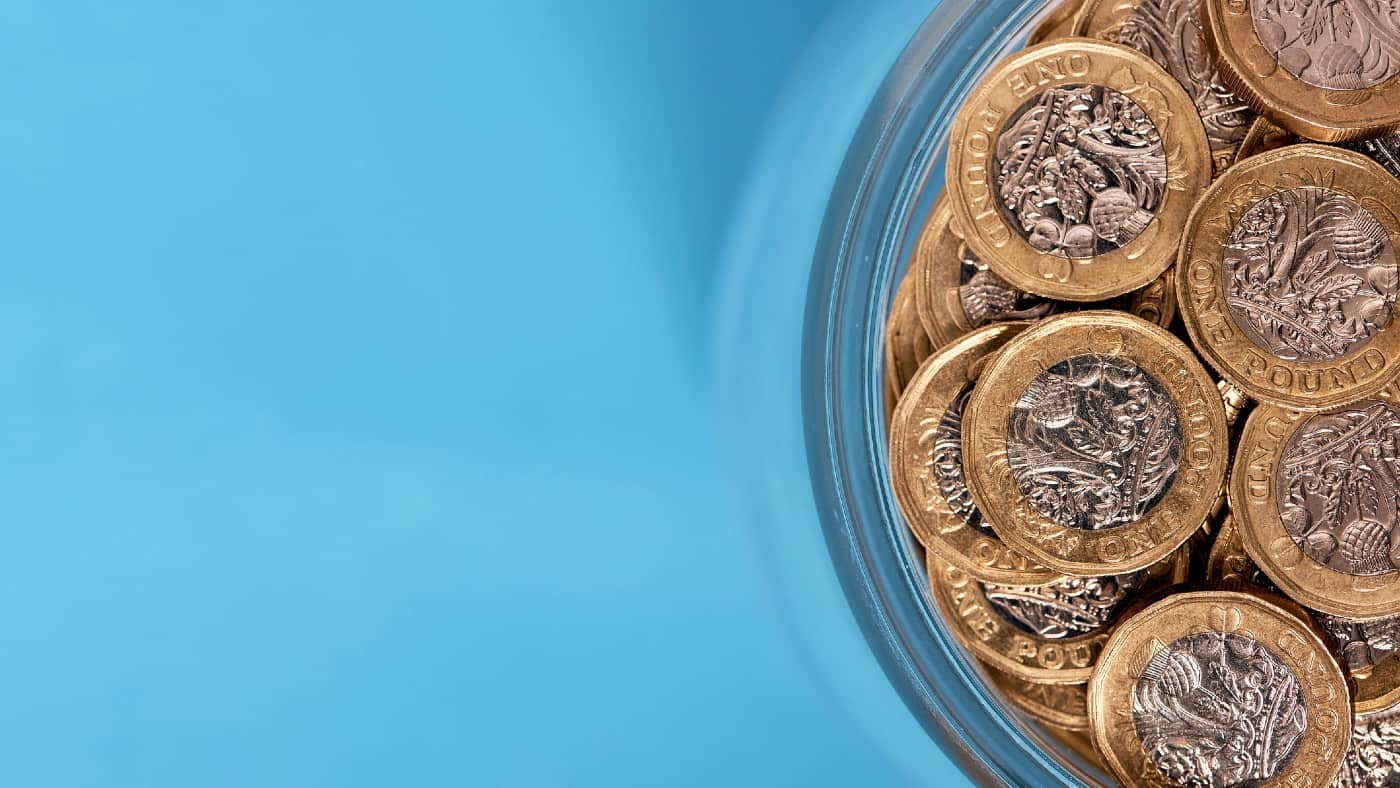A Dividend Aristocrat is a company that has paid and increased its dividend payout to shareholders over a long period of time. But which are some of the best to consider buying that are listed on the London Stock Exchange?
Bunzl
What it does: Bunzl sells a variety crucial goods to a broad customer base that includes hospitals, supermarkets, restaurants and hotels.
By Royston Wild. Bunzl (LSE:BNZL) has one of the most distinguished dividend records on the FTSE 100. The support services business has raised annual payouts for 31 straight years, including a near-9% rise in the last 12-month trading period.
Companies need stable and predictable earnings to deliver long, unbroken records of dividend growth. The essential nature of the products Bunzl sells — like food packaging, medical gloves and disinfectants — provides this in abundance.
Its operations are also highly diversified, which helps protect profits at group level from localised turbulence in specific areas. It sells products across multiple industries in 33 countries spanning Europe, The Americas and Asia.
Bunzl also generates lots of cash, which gives it the firepower to steadily lift dividends. A robust balance sheet also provides the means for it to pursue its long-running (and highly successful) acquisition-based growth strategy.
I think the Footsie firm is a top buy despite the constant threat of rising input costs.
Royston Wild does not own shares in Bunzl.
Diageo
What it does: Diageo is a global leader in the alcohol beverage industry. It owns premium brands such as Smirnoff and Captain Morgan.
By Charlie Keough. One Dividend Aristocrat that I love is Diageo (LSE: DGE). What’s better, right now I think its shares look cheap trading just above their 52-week low.
That said, I’m more attracted by its consistent yield. Coming in at 3%, it’s not the highest out there. But I want stability. And with a track record of increasing its payout for nearly 40 years, Diageo offers just that.
The business has seen sales take a hit recently, which has led to its share price tumbling. Most notably, sales have slowed in the Latin America and Caribbean region.
But while it may continue to see issues in the months ahead as inflation and high interest rates squeeze consumers’ pockets, I think the business has long-term potential, especially given its umbrella of premium brands.
By 2030, it plans to increase its market share to 6% from its current 4.7%. While that may not sound like a lot, that’s a massive market for Diageo to capitalise on.
Charlie Keough does not own shares in Diageo.
Legal & General Group
What it does: Financial services and asset management company providing mortgages, pensions and life assurance.
By Mark David Hartley. Legal & General Group (LSE:LGEN) is a well-established company with a solid track record of paying dividends. Its current 8.4% dividend yield has doubled since 2014 and hasn’t missed a single bi-annual payment. As an insurance business, the company benefits from broad diversification, dealing in life insurance, retirement planning, and investment management. This helps to ensure it continues to draw revenue even if one aspect of the personal finance industry experiences a slump.
But as interest rates continue to rise, I’m wondering about the company’s future. Profits could take a hit as customers are forced to prioritise immediate needs over investments. As it is, insurance isn’t a high-growth industry and the L&G share price has only seen mild gains in the past 10 years. This may put off certain investors that prefer rapid growth stocks but for long-term value, I like Legal & General’s prospects.
Mark David Hartley owns shares in Legal & General Group.
National Grid
What it does: National Grid is an energy company that supplies gas and electricity to various customers and communities.
By Paul Summers. When it comes to finding an established business with a long history of regularly raising the amount of cash it returns to shareholders, I think National Grid (LSE: NG.) takes some beating.
Now, dividends from any company can never be guaranteed and one thing worth paying attention to as far as this capital-intensive FTSE 100 member is concerned is its massive debt pile. However, the essential nature of what it does provides me with some comfort that the probability of a big cut is fairly low.
Importantly, the chunky 5.6% forecast dividend yield for FY25 is also far more than I’d get from a fund tracking the top index (3.6%), thus helping to compensate for the additional risk of holding an individual company’s stock.
If generating income is the goal, I would have no qualms about buying the shares, albeit as part of a fully diversified portfolio.
Paul Summers has no position in National Grid
Primary Health Properties
What it does: Primary Health Properties owns and leases a portfolio of GP surgeries, pharmacies and dentists.
By Stephen Wright. With 27 consecutive years of dividend growth, Primary Health Properties (LSE:PHP) qualifies as a dividend aristocrat. And I think there’s more to come
The company is a real estate investment trust (REIT) that pays out 90% of its income to shareholders as dividends. And as its rents have increases, so have its distributions.
I expect this to continue, too. On average, the company’s properties are leased for another 10 years and the risk of defaults seems low, with 89% of its rent coming from government organisations.
A bigger concern is the £1.3bn the business has in total debt. That’s greater than the firm’s market cap and could lead to further shares being issued in the future.
Shareholders should keep this in perspective, though. With a 7.5% dividend yield, I think there’s a good return to be had even if the share count does increase.
Stephen Wright owns shares in Primary Health Properties.







